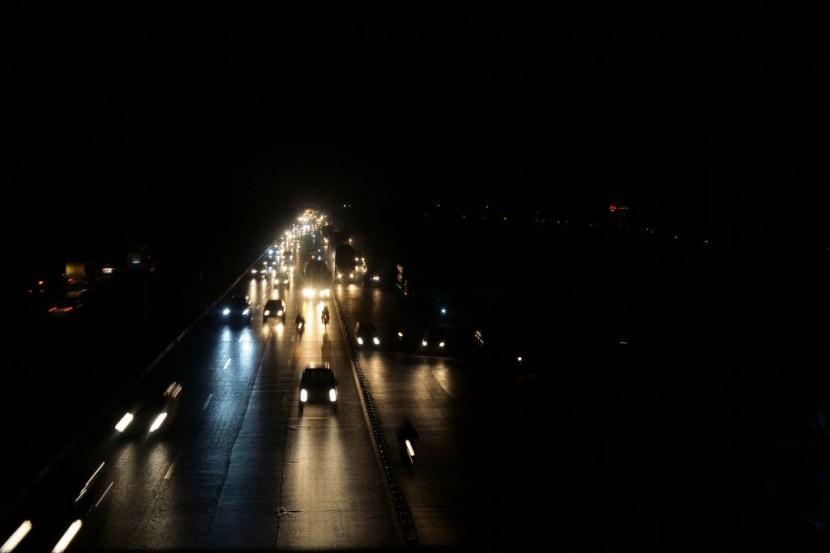
Nearly 220 million Pakistanis were left without power after a massive power cut was reported on Monday due to a breakdown of the country's national grid despite authorities' energy-saving efforts.
Officials noted that power was out in all major centers, including the nation's largest city, Karachi, and the capital, Islamabad, Lahore, and Peshawar. In a statement, Power Minister Khurrum Dastagir said that the failure of the national grid followed a "frequency variation" in southern Pakistan.
Pakistan's Nationwide Power Outage
Even through the night, authorities could not bring back power and lights to many of the affected areas. Pakistan commonly experiences power cuts, primarily blamed on mismanagement and a lack of investment in infrastructure. The last major incident occurred in October and lasted several hours before being resolved.
In a statement, the country's Energy Ministry said that the incident occurred at around 7:30 a.m. local time. Officials said that the grid suffered a loss of frequency, resulting in the breakdown. They added that they were making "swift work" to revive the system, as per BBC.
Dastagir said that the incident was not a "major crisis" and noted that officials had already started to restore power across Pakistan. However, many homes and businesses still had no electricity more than 12 since the beginning of the blackout.
The official said that several parts of the electricity were turned off overnight due to the demand for energy during the winter season being less than in the summer. The latter is when much of the country experiences scorching hot temperatures, resulting in people needing air conditioning and fans.
The power minister noted that the demand for electricity goes down nationwide during the winter season. This resulted in the government temporarily closing down power generation systems at night.
Read Also : North Korea's Uranium Mine Collapses
Restoring Electricity
Dastagir said during a press conference that Pakistani Prime Minister Shahbaz Sharif had already ordered a probe into the outage. He added that they were hoping that the electricity supply would be fully restored soon, according to the Associated Press.
In Karachi, power was back before midnight on Tuesday, and in several other major cities, including Rawalpindi, Quetta, Peshawar, and Lahore. In the latter, a closing notice was posted on the Orange Line metro stations as rail workers guarded the sites and trains parked on the rails.
A spokesperson for Karachi's power supply company, Imran Rana, said that the government prioritized restoring power to strategic facilities, such as hospitals and airports. NetBlocks.org, an internet-access advocacy group, said that data revealed a significant decline in internet access in Pakistan.
The group attributed the data to the power outage, saying that metrics indicated that connectivity was at 60% of normal levels because many users struggled to get online on Monday.
The power outage has also affected all aspects of daily life in Quetta, including hospitals, markets, and households. In a statement, Dr. Imran Zarkoon, the director of Balochistan's health department, said that the unavailability of generators caused services in health centers in suburbs of Quetta city to be adversely affected, according to CNN.
Related Article: Russian Involvement in Spain Letter-Bombing Attack




